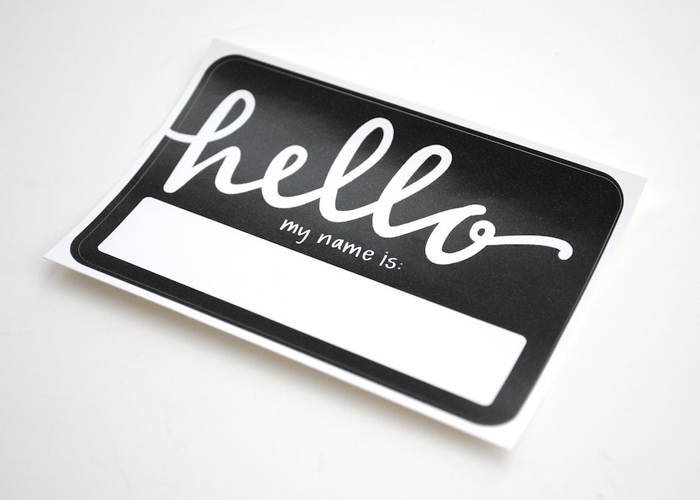Conversation Etiquette: Being a Good Conversationalist
 It’s not easy to discuss your strengths without coming across as a boaster or bragger. But being a good conversationalist depends on finding ways to talk about yourself without turning other people away. Consider these tips to avoid being seen as a blowhard by colleagues or friends:
It’s not easy to discuss your strengths without coming across as a boaster or bragger. But being a good conversationalist depends on finding ways to talk about yourself without turning other people away. Consider these tips to avoid being seen as a blowhard by colleagues or friends:
Choose your words carefully. While it may be fun and come naturally to “mention” your latest success, think twice before opening your mouth. If you find that you have been talking for more than a couple of minutes, let someone else have the floor.
Watch your tone and body language. Sometimes it’s not what you say but how you say it, how it sounds and what you look like while you are passing out information about “me, myself and I”. Instead, speak calmly and graciously about others, and give credit to those that were involved in your latest success story. Better still…
Put others first. Conversational etiquette means focusing on those with whom you are speaking, asking thoughtful questions and making them feel like you are listening to what they have to say. For example, “How do you like working at the new location?” or “Is your daughter enjoying her new car?” shifts the focus away from yourself, and sends the message that you are genuinely interested in others.
Consider your audience. If you are talking to a friend or colleague who has recently lost his or her job, or a junior partner that is struggling to find a place within the company, be sensitive to the situation and gear your conversation accordingly. Rather than droning on and on about yourself, offer suggestions or an opportunity to mentor someone that may benefit from your special expertise.
Think about timing. It’s never a good time to brag, but certain times are even worse than others. A job interview is a time to display your strengths and skill set—but not in a pompous, self-impressed manner. When asked about your strengths during an interview or performance review, keep your statements concise and matter-of-fact by focusing on specific projects completed and the goals that were achieved. Steer clear of language that may make your interviewer or supervisor think that you are over-confident or not a team player.
Share the stage and the credit. One way to draw attention to your strengths is to include others in the kudos. Did you lead your work group to victory and want to be sure that your boss notices? Spread the word, citing each team member that played a role in the final victory. You’ll have no need to be a self-promoter; giving credit to others will reflect well on you.
Beware of competition. If you’re an ambitious go-getter, it’s easy to get caught up in the thrill of the conquest. A certain amount of competitive spirit is a good thing, but healthy competition never involves promoting your own work above someone else’s. If pulling yourself up means putting a colleague down, zip your lips.
Rely on word-of-mouth. Good work really does speak for itself. If you’re doing a great job—whether on the account you’ve been assigned to at work or in shouldering some extra responsibilities to help your family at home—others will notice. A mannerly conversationalist never needs to point out the obvious.
When all else fails. If you find yourself unwantedly stuck sitting next to a bragger, boaster, or boring conversationalist, politely excuse yourself from the discussion and jump into another conversation taking place across the room, or at the other end of the table!






